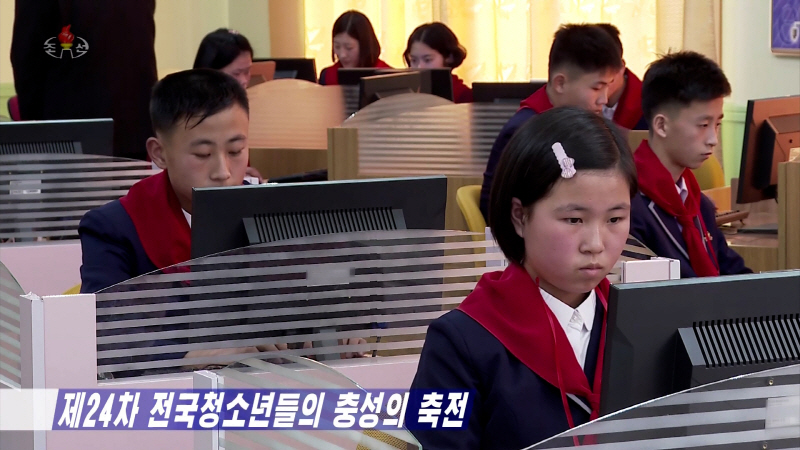Despite the reopening of its borders and participation in various international events and sports competitions, North Korea did not participate in this year’s International Mathematical Olympiad (IMO) held in the United Kingdom.
The decision is believed to stem from concerns of the Kim Jong-un regime about exposing North Korean youth to external cultures, risking defection.
The IMO, taking place from July 11 to 22 in Bath, UK, saw the absence of North Korean participants, the Radio Free Asia reported. This is in contrast to other countries like China, which is participating, and Russia, which has six students competing individually.

Gregor Dolinar, President of the IMO Board, confirmed to RFA that North Korea had not confirmed participation, stating, “North Korea has not confirmed and will not participate at the IMO 2024 as the deadline has passed.”
Since its first participation in 1990, North Korea has competed 14 times in the IMO, earning 22 gold, 36 silver, and 9 bronze medals. Their last participation was in 2019, just before the COVID-19 pandemic.
Seong-jang Jeong, head of the Korea Sejong Institute’s Center for Korean Peninsula Strategy, highlighted North Korea’s sensitivity towards the UK hosting the event. “North Korea’s defection concerns are heightened due to the historical defection of former North Korean diplomat Thae Yong-ho from the UK to South Korea,” Jeong told RFA.
Additionally, Jeong pointed out that North Korea’s renewed alliance with Russia, especially following Russian President Vladimir Putin’s recent visit to Pyongyang, has led to increased reluctance to engage with Western countries.
Geum-hyuk Kim, a North Korean defector who studied in China, suggested to RFA on July 11 that financial concerns and the fear of cultural exposure might have influenced North Korea’s decision. He mentioned, “North Korea is tightening its belt, and sending participants to the Olympiad would be costly. The regime might find it challenging to allocate resources to such events.”
Kim also recalled instances where North Korean students defected during international events, including the 2016 IMO in Hong Kong, where a student sought asylum at the South Korean consulate.
According to the IMO Foundation’s website, the host covers local accommodation, meals, and transportation costs, but each country must pay for travel to the host country. Dolinar emphasized that financial constraints are not a common reason for non-participation, adding that the IMO Foundation even provided travel support to some countries this year.
RFA suggested the primary reason for North Korea’s absence seems to be the regime’s significant concern over the potential exposure of its students to foreign cultures rather than financial issues.
BY YOUNGNAM KIM [kim.youngnam@koreadaily.com]




